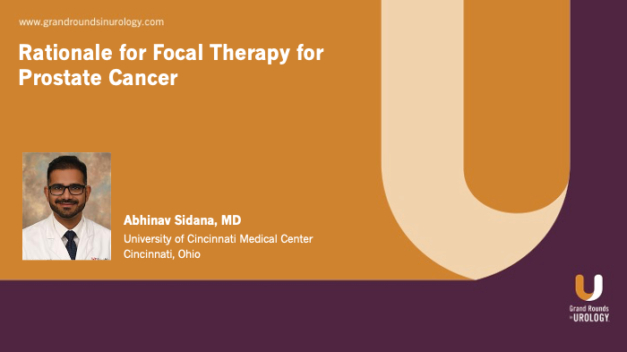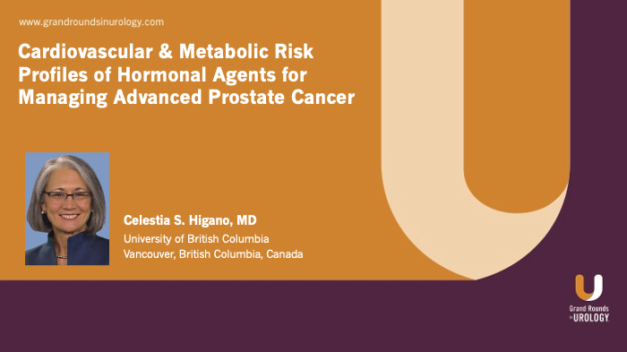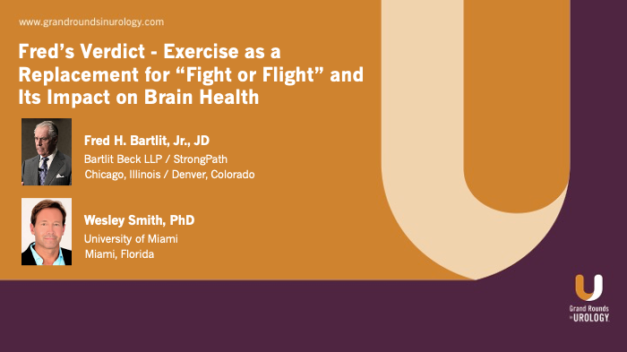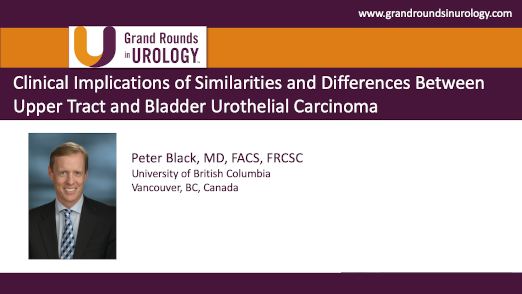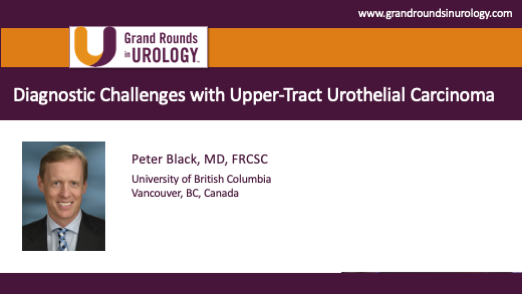Rationale for Focal Therapy for Prostate Cancer
Abhinav Sidana, MD, Urologic Surgeon at the University of Cincinnati Medical Center, makes a case for the adoption of focal therapy for patients with prostate cancer as an alternative to radical treatment or active surveillance. To show how incorporating focal therapy into the treatment paradigm could help personalize care, Dr. Sidana highlights three points: the shortcomings of a treatment strategy that involves only dichotomous options; the increasing need for treatment tailored to the biology of prostate cancer; and how the advent of visible prostate cancer due to next-generation imaging has altered treatment approaches. Following this, Dr. Sidana takes questions from E. David Crawford, MD, Editor-in-Chief of Grand Rounds in Urology, about related topics, including the role of micro-ultrasound in the disease space and the patient followup process.
Read More
